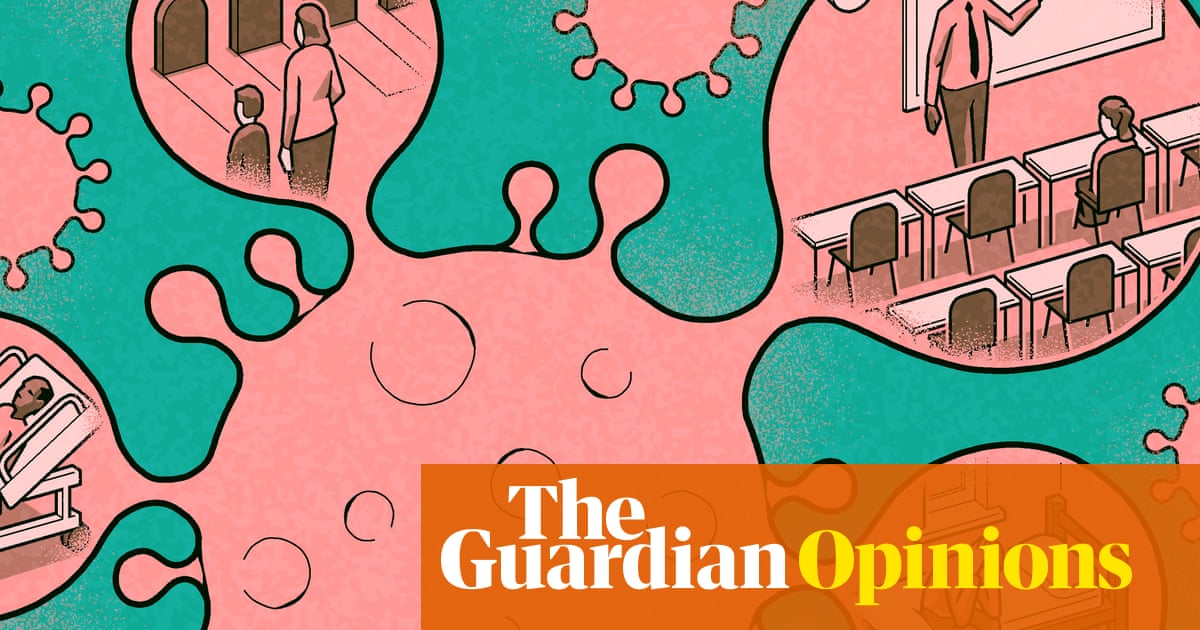
“They should never have done it in the first place,” said Chris Henderson, capturing the mood on Kirkcaldy high street with a brisk shake of the head. On Thursday it was impossible to find a local who agreed with Raith Rovers’ initial decision to sign David Goodwillie, who was ruled to be a rapist in a civil case in 2017.
Following an escalating backlash which had seen sponsorship withdrawals, multiple resignations and the women’s team move to sever ties with the club, the Scottish Championship club announced on Thursday morning that it had “got it wrong”, that it would not select Goodwillie and that it was reviewing the 32-year-old striker’s contract.
In a statement on behalf of the board posted on the club’s website, the chairman, John Sim, said he wanted to “apologise wholeheartedly” to fans, sponsors, players and the wider Raith Rovers community “for the anguish and anger” it had caused.
He said: “We got it wrong. In reaching our original decision, we focused far too much on football matters and not enough on what this decision would mean for our club and the community as a whole.
“As chairman, as a board and as a management team, we have all learned a hard but valuable lesson. This very unfortunate episode is something that we all bitterly regret and we are now wholly committed to making things right … we share a desire to do what is best for our club and will be doing everything in our power to regain the trust and confidence of the Raith Rovers family.”
On the high street there was a qualified welcome for the switch. Henderson, who works in sales, had planned to stay away from further games had Goodwillie been on the pitch. “They took a gamble and ignored what’s been happening over the past few years, the stuff from Hollywood, abuse of power, putting women first.”
“It was a really bad choice,” says Dee Spiers, 18, eating lunch on a bench with friend Kimberley Horsburgh. The students, who went to school locally, suggest that the older generation who make up the Raith board “thought because he’s a footballer, he’s rich and famous, he gets to do what he wants”.
“Male footballers get a lot of leeway,” says Horsburgh. “Not like the women who get scorned if they say one wrong thing,” adds Spiers. “Their team doesn’t get enough respect or recognition.”
Up and down the high street, as the news of the U-turn percolated through the lunchtime shoppers, repeated reference was made to Raith’s special status as a community club. “They said they hired David Goodwillie for his football, but Raith Rovers is more than a football team,” said Nathan Sheach,a service designer. “They’re a voice, part of the community, a platform, and the message it sent was that this is what Klirkcaldy will tolerate.”
The condemnation was united: from devoted fan and bestselling crime author, Val McDermid, who withdrew her shirt sponsorship and denounced the signing as “disgusting and despicable” to the first minister Nicola Sturgeon, who encapsulated the club’s justification as being “it didn’t matter how a man treated a woman, the only thing that mattered to them was whether he could score goals.”
Goodwillie, along with his former Dundee United teammate David Robertson was sued for damages for rape by Denise Clair, who waived her anonymity, in a landmark case in 2017. The pair had not been prosecuted, but the civil court ruled they had raped Clair after meeting her on a night out in West Lothian in 2011. She was awarded £100,000 in damages. They denied the allegation and appealed against the judgment, but lost.
McDermid responded to the latest club statement describing it as “a victory of sorts” but warned: “It’s just the first step on a long road back. The same people who made the decision are still in charge. Those who love and value the club are still on the outside – they need to be on the inside, shaping the future for the community.”
Others suggest that questions of transparency and diversity on the board, and why directors were willing to sacrifice their award-winning community outreach work for points on the scoreboard, remain unresolved. “There’s still so much anger and the people who made the decision are still there.”
John Greer was first taken to Stark Park by his grandfather when he was three years old. Sixty years on, he acts as the club’s unofficial historian.
“After lockdown, there was so much goodwill,” he said. “Throughout the pandemic, supporters raised a lot of money to keep the club going, we paid for our season tickets even when we weren’t able to see games. Since then, the community side was really taking off with the employability work, free training for youngsters, girls and boys, there’s walking football, reminiscing events for older people”.
“This one decision has ripped the heart out of all that. The statement today is only the beginning of the healing process. They’ve got a long way to go to make it right.”












